‘We’re not animals’: Desperate Gulf Mayor leads call for change
Skyrocketing death rates at a forgotten Gulf community has leaders pleading for help, but a raft of solutions aimed at curbing sly grog use and type 2 diabetes are yet to be rolled out.
Cairns
Don't miss out on the headlines from Cairns. Followed categories will be added to My News.
A MORNINGTON ISLAND leader has made desperate calls for action to end the preventable death of his people falling victim to toxic home brew use and type 2 diabetes.
Despite pollies a world away in Brisbane acknowledging the problem, to date, no solutions have been acted on.
From the air, the sleepy Gulf of Carpentaria community looks to be an island paradise surrounded by brilliant blue water lapping at golden sands.
But on the ground the reality is very different.
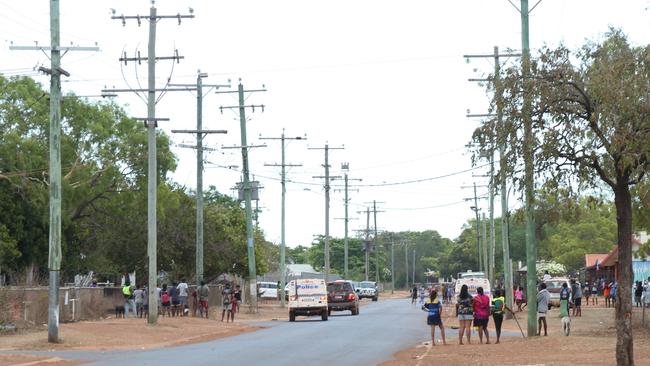
Children are sleeping rough in overcrowded houses, drunks walk the street and booze fuelled domestic disputes are common at what is meant to be an alcohol free community.
And it’s the island’s children that are suffering.
Mayor Kyle Yanner said kids as young as four-years-old are forced to fend for themselves while their parents under the influence of a dangerous backyard brew are unable to fulfil their parental responsibly.
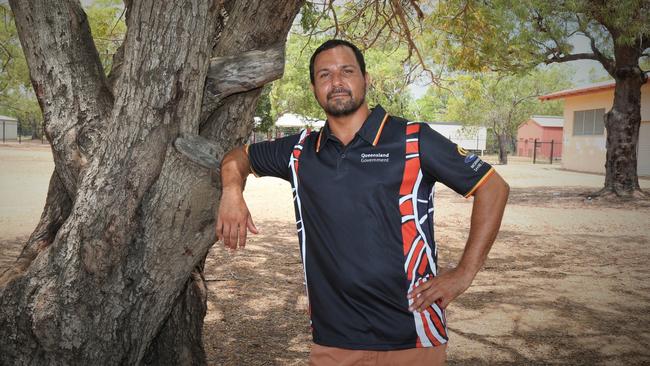
He wants the dignity of his people restored, healing from the brutal removal of children by missionaries and a chance to forge a new direction through tourism, market gardens, an Indigenous-run cattle enterprise and controlled alcohol sales at a local tavern.
“Parents forgot how to be parents. Kids forgot how to be children, we lost (a) millennia of parenting skills over a 30-year period of the missionary homes,” he said.
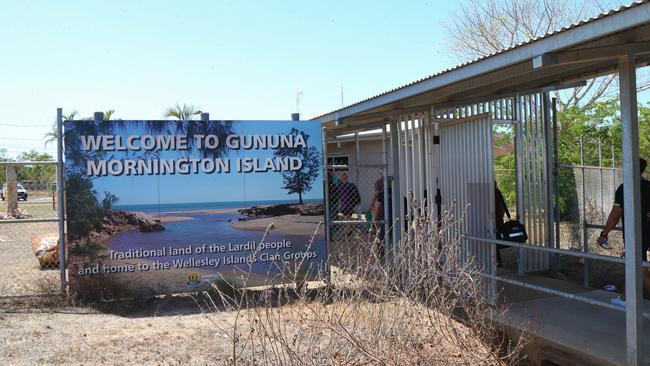
“(Children) don’t have a clean bed to sleep in. They don’t even have a bloody bed to sleep and they drag mattresses around and sleep on the floor.
“Parents aren’t teaching them life skills, how to cook, how to survive, how to wash your clothes. They don’t get taught that here.”
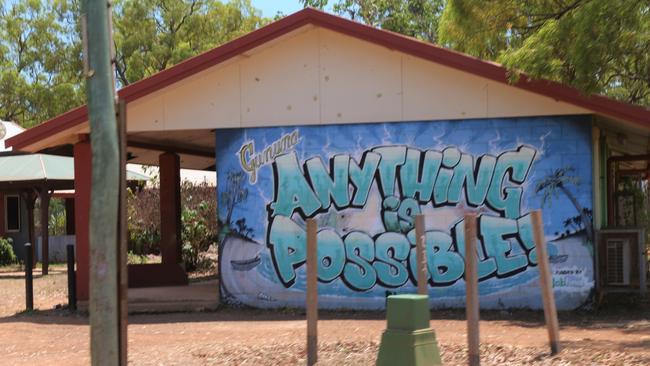
The mayor said prohibition had been a complete failure on the island and it was time to try something different.
“Give our rights back. Our rights as normal people, we’re not animals,” he said.
“We can manage ourselves, we just never got educated. The missionaries just give us (alcohol) and we binged, and that’s, that’s how we’ve come into this bad drinking behaviour.
“Do they want to keep us on the bottom? That’s my question.”
In May, island leaders reached out for help, exposed the dry community myth and revealed the plight of community in which up to 40 per cent of the population from chronic illnesses.
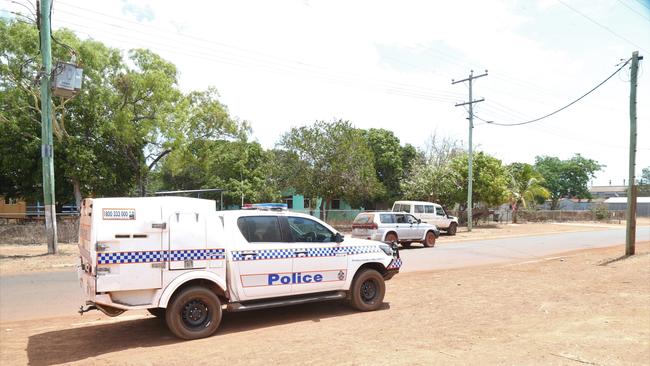
Environment Minister and ministerial champion for the island, Meaghan Scanlon and Queensland Health director-general John Wakefield visited the island in September.
Ms Scanlon’s office and the Department of Aboriginal and Torres Strait Islander Partnerships has been contacted for comment.
There has been talk of a government services audit to reduce waste and direct funds to where they are needed most.
But Cr Yanner is growing weary.
“I’ve given them solutions, we need to put that process into play and start getting stuff on the ground, so we can drive that change, the sooner the better,” he said.
Cr Yanner said despite other non-indigenous Gulf towns in the region being in negative population growth places like Richmond, Julia Creek and Karumba receive more in Queensland Government general purpose grants.
“If you compare Mornington and Doomadgee to other rural towns we get ripped off on all accounts,” he said.
“Hughenden has 20 people less than Doomadgee yet Hughenden on the general purpose grants (they) get $6.6m, Doomadgee only $1.6m and Mornington Islands only $2.5m.
“How do we have a good life here? We don’t know. We don’t have the money to build facilities like a library, a skate park or splash park or swimming pool.
“State and federal (governments) really got to prioritise where their money is being spent, because where it’s being spent currently, it’s just not working.”
More Coverage
Originally published as ‘We’re not animals’: Desperate Gulf Mayor leads call for change





